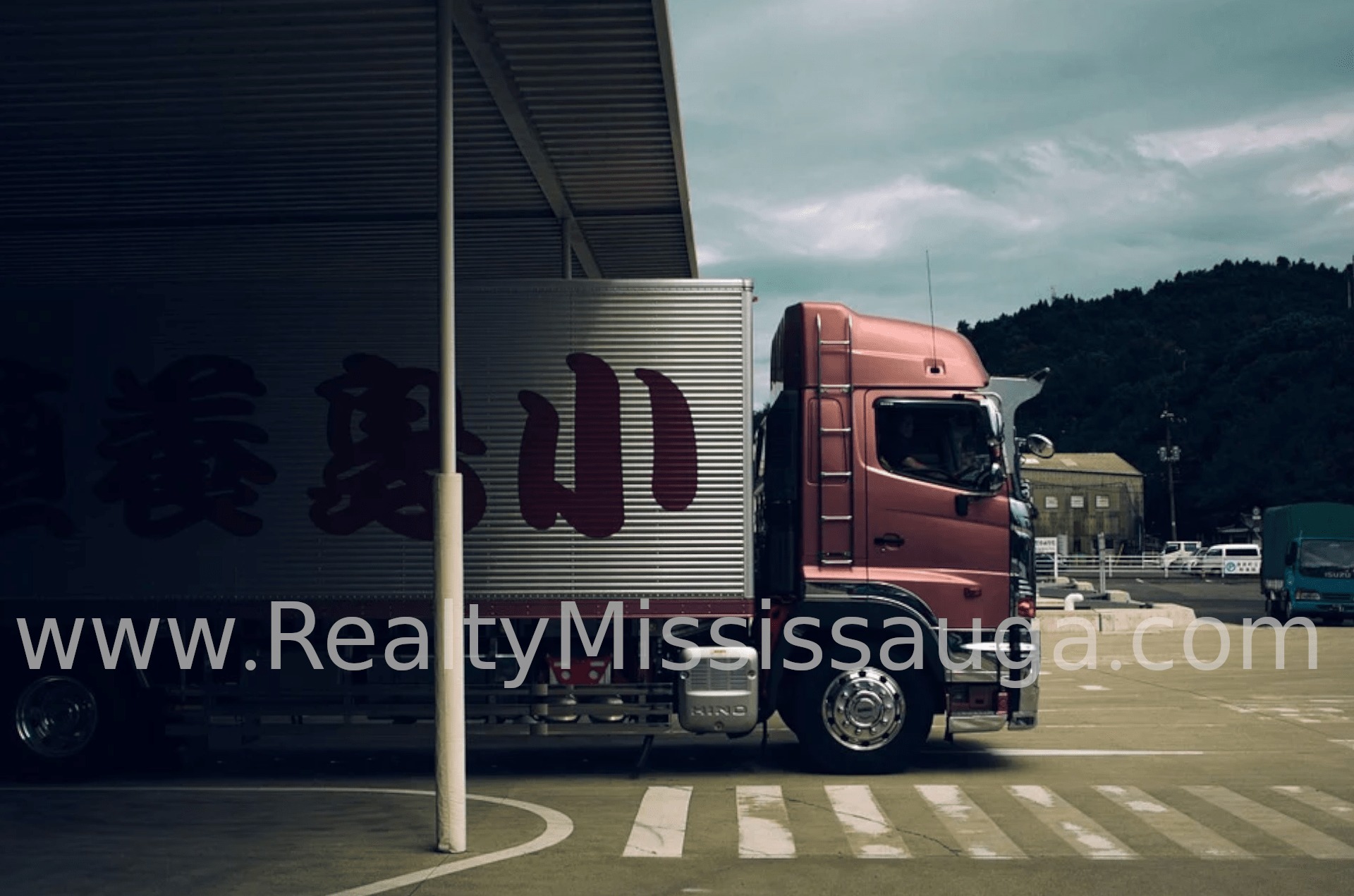Start Property Movement Business (Logistic Company) in Mississauga: Entering the transportation and logistics industry is not necessarily challenging, but there are many obstacles that you must overcome to ensure your initial success.
It does not matter whether you are starting with a small van or fleet of vehicles, you should have an understanding of your finances, market competition, and more.
Consider the necessary costs
Before you begin, you should develop a solid understanding of your company’s finances, which can ensure your business’s success from day one.
For example, you have to identify where you will secure capital for your new venture, so consider private investment, bank lending, or bootstrapping.
You also need to factor in related business expenses, such as:
- License and toll fees
- maintenance costs
- Fuel prices
- Fee for Driver Development Training
To keep all vehicles off the road, you have to find and lease commercial complexes, and you will have to invest in security features such as CCTV surveillance, alarms, and more.
Source right vehicle
It is important to reference the right vehicles for your moving and logistics business. For example, making a large arrangement for a small minivan would be a challenge, which could make your business unprofitable and potentially lead to the goods being damaged during transit.
By providing the driver the right vehicle for the job, your company can enjoy greater productivity while providing reliable service to customers. Therefore, if you need to transport large cargo for a long journey, then you would be smart to invest in long haul trucks.
Find the Best Business Insurance
Business insurance can provide financial coverage for various claims against your company, such as personal injury, property damage, vehicle damage, and workers compensation. Of course, as different companies will have different needs, it is wise to find the right insurance for online business, which can be specifically designed to fit the needs of your organization.
Provide business permit and license
To kickstart your transportation and logistics business, you must secure a variety of licenses and permits. However, the requirements will be determined by your state.
Companies will require various tax forms and a business permit to operate legally in most US states. Therefore, it is advisable to consult an experienced business attorney to gain an understanding of licenses and paperwork, which will require you to strictly follow state regulations.
Hire the best drivers
It is not only high-quality vehicles that will secure your company’s productivity, reliability, and profitability but also your employees will determine your success in the industry.
To prove that they have the relevant licenses to operate your vehicles legally, they must also have the right attitude and experience to excel in the role. It is important to trust your decision on hiring drivers.
Logical processes facilitate the relationship between production and the movement of products. In particular, logistics processes must address many aspects of production, including time, cost, and quality.
When a company successfully coordinates these logistic operations, the company can track the process through production, consumption, storage, and disposal. A functional logistic process flow also depends on the appropriate geographic location of all assets within the organization.
Logical procedures
Logical process steps try to find the best solution for manufacturing and distribution by considering how the market uses these products. As part of this rule, a company should always consider the position of a product and explain the various factors connected with these locations.
This includes the time and cost required for the location and storage possibilities, including production costs, personnel, costs, and disinvestment according to the project manager. As part of this process, a company should also examine factors that affect product quality and efficient transportation between hubs.
Production management
Businesses use different methods of production. The two most common production methods include a sales-order-related production, where a business produces a product in response to product orders, or stock-to-stock production, where a company produces a certain amount of products Does. Attempt to produce and then sell products.
According to the carse, personnel, production quantity, and quality, material acquisition, storage, and transportation, the production process used by the business, and the logistic process associated with the production method are affected.
The logistic process begins by converting to planned orders and manufacturing orders for in-house manufactured materials. Once the company places an order, the company will stock the products in a warehouse or fill orders directly for the customer.
Assembly processing
Assembly processing is when a business creates a finished product after assembling and selling a group or groups of products. This process enables a business to withdraw the purchase of materials for production in a manufacturing base.
In this type of logistics process, the business will collect materials that move from a list of individual parts to a finished product. A business can also use this type of assembly processing to create custom products to the customer’s specifications.
Logistics defined
Logistics is the planning framework used by the management of an organization to facilitate the distribution of personnel, materials, service, information, and capital flows.
In today’s global business environment, logistics as a process is becoming more complex due to the increasing demand for complex information and communication control systems.
An efficient logistics process within an organization will apply tools to analyze and visualize the complexities involved in the production. These devices should integrate information, inventory, production, storage, personnel, materials, packaging, and safe delivery of final products.
Types of logistics
There are many types of logistics. The most well-known type is sales logistics that transfer products from the manufacturer to the consumer. Also, there are many other types of logistics, such as purchase logistics which is the flow of raw materials and parts, production logistics which is the flow of materials inside a factory or business, recovery logistics which is the flow of returns from consumers.
And waste, and recycling logistics that is the flow of recycled materials. This section describes the types and areas of logistics in depth.
- Logistics sector
- Procurement Logistics: Procurement Raw Materials and Parts
- Production Logistics: Materials Management, Delivery to Factories, Product Management, Shipping
- Sales Logistics: Distribution from the warehouse to wholesalers, retailers, and consumers
- Recovery Logistics: Developing and Recycling Products, Containers, and Packaging
- Recycling Logistics: Improving and Recycling Recyclable Products and Vessels.




